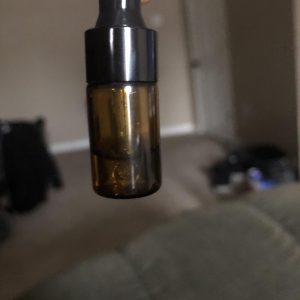Description
LYSERGIC ACID DIETHYLAMIDE (LSD)
Description
What is LSD?
LSD or acid (lysergic acid diethylamide) is the most commonly used hallucinogen (also known as psychedelics). It is considered a typical hallucinogen causing similar effects to other hallucinogens like mescaline, psilocybin (mushrooms), and ibogaine.
Are there long-term consequences to taking LSD?
Hallucinogens can cause extreme, long-lasting adverse neuropsychiatric effects, like flashbacks (post-hallucination perceptual disorders), relatively long-lasting psychoses, severe depression or shizophrenia-like syndromes, especially in heavy or long-term users or in people with an underlying mental illness.
Some of the long-term problems associated with chronic or heavy LSD use are:
- A person can experience rapidly changing feelings, immediately and long after use.
- Chronic use may cause persistent problems, depression, violent behavior, anxiety or a distorted perception of time.
- Large doses may cause convulsions, coma, heart/lung failure or ruptured blood vessels in the brain.
- “Flashbacks” may occur long after use.




Reviews
There are no reviews yet.